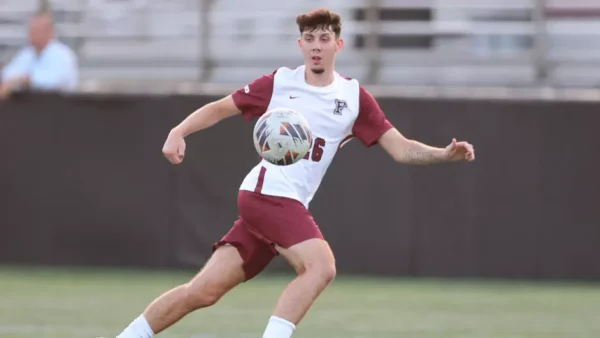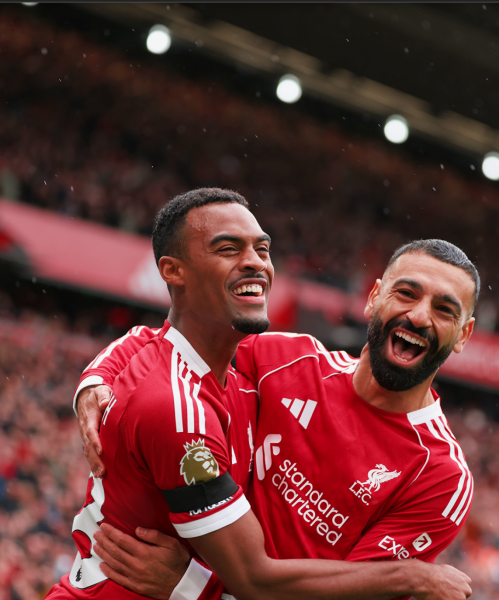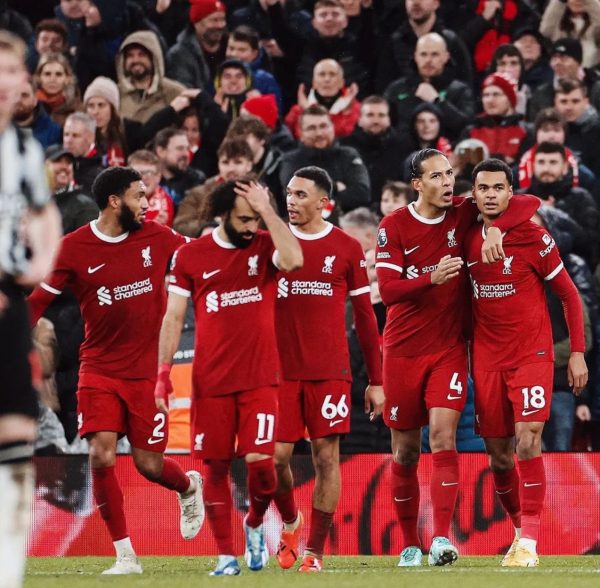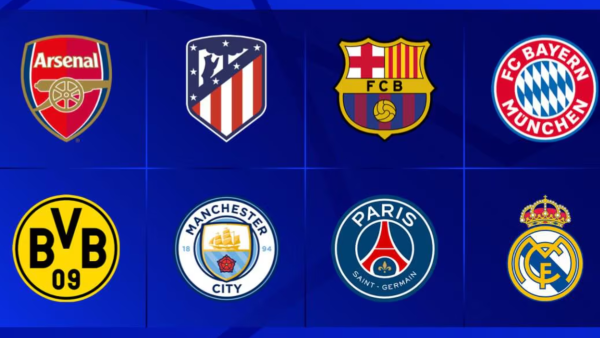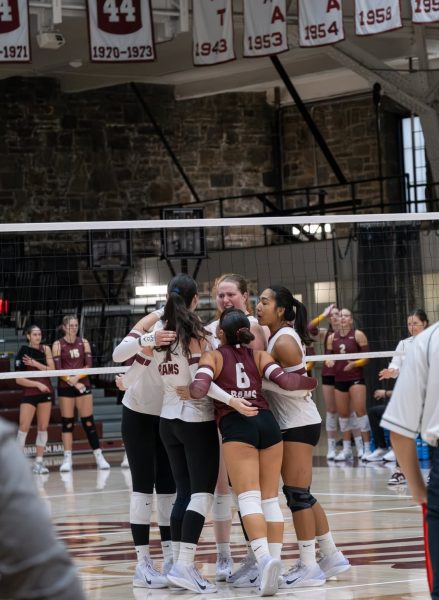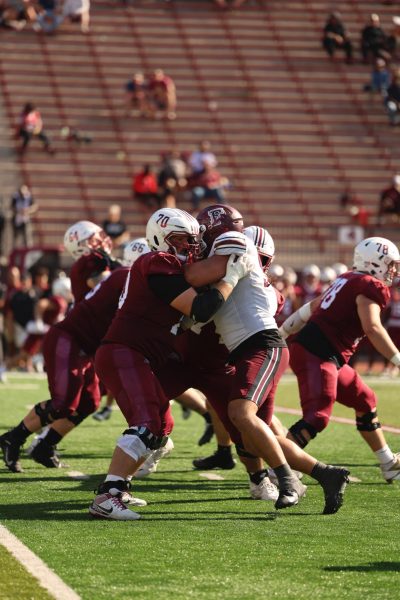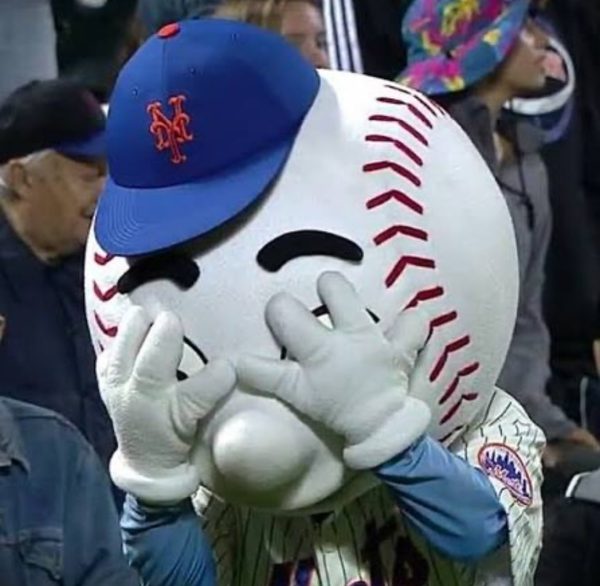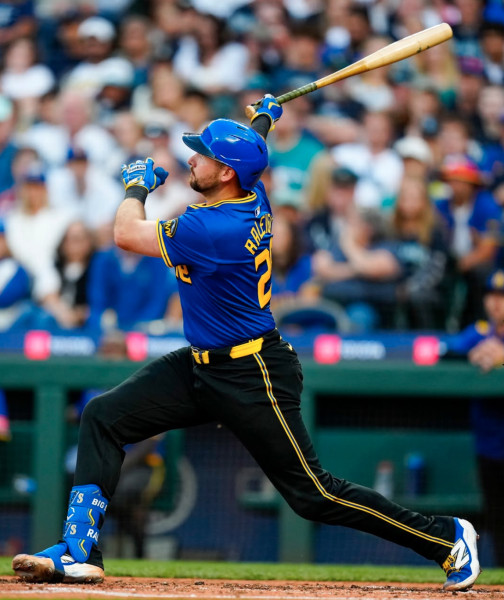A Stand Against His Home
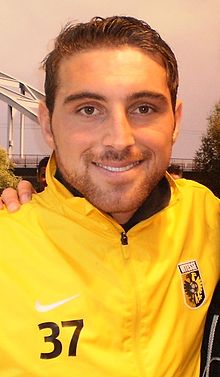
Guram Kashia has taken a stand in support of LGBT rights despite his home country of George being staunchly anti-homosexual rights.
By Andrew Posadas
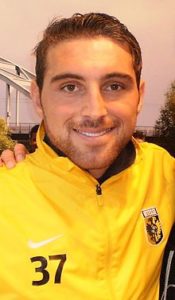
Thirty-year-old Guram Kashia hails from The Republic of Georgia. Kashia has proven to be one of the best soccer players to come out of the small country in recent memory. Currently, he holds the distinct title of Captain for the Georgian national team. Not only that, the Georgian star also captains the club team that he plays for in the Netherlands.
Currently, Kashia plays for Vitesse Arnhem, having been with the team since 2010-2011. It took only two years in his stint with the club for him to be voted captain, a position he has held proudly the last five seasons. Despite rumors throughout the past few years that he may make the leap to a bigger team in Europe, Kashia has stayed loyal. Recently, he signed an extension which will keep him with the team through 2020. Just this year, Vitesse Arnhem won the Dutch Cup, giving Kashia his first major trophy with the team. Beloved by his fans, it’s surprising to see the turnaround in public opinion about him.
Kashia sported a rainbow armband on Oct. 15 against Heracles Almelo as part of a movement among clubs in the Netherlands and Sweden to show support for the LGBT community. In Holland, fans have praised him and others for showing support for the diversity of fans across Europe. However, Kashia is being scrutinized by his home country. Despite laws that prohibit discrimination against those in the LGBT community, a World Value Survey ranked the Republic of Georgia as the third-most homophobic country in the world. The survey also noted that 93 percent of people in the Republic of Georgia would not be ok with their neighbor being gay.
After playing the entire game with the rainbow band, the backlash became prevalent. Giorgi Giguari, a writer with Georgian newspaper Asavali-Dasavali said of Kashia: “LGBT Kashia must be cut off from the Georgian team! Georgia’s football fathers should know that Georgian men will boycott the team if LGBT-Kashia dares to play in the national team jersey.” Georgian soccer fans also chimed in negatively on a Facebook post by the Georgian pro-LGBT Equality Movement which supported Kashia’s gesture. One comment simply stated: “In short, Guram Kashia, you can no longer play matches with the Georgian team.” This isn’t a surprise when you start digging deeper into Georgia and its relationship with the LGBT community.
In 2011, Reuters performed a survey of residents of the country. The survey acknowledged that nine out of 10 Georgians believed homosexuality could never be justified. Taking it a bit further, the major political party in Georgia is even attempting to change legislation against the LGBT community. The Georgian Dream Party is in the process of putting a constitutional ban on same-sex marriage.
Despite the negative feedback, there is a strong contingency in Europe and parts of Georgia that lauded his promotion of the LGBT community. Domenti Sichinava, a former player and leader of the Georgian Football Federation, voiced his support for Kashia: “For me personally, you are and always will be part of Georgian soccer.”
The most important fact of Kashia’s gesture is that he wasn’t scared to use his platform as a professional soccer player to shed light on something that takes precedent over any soccer match: diversity and equal rights for everyone.





































































































































































































